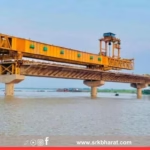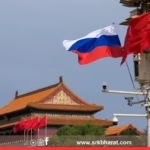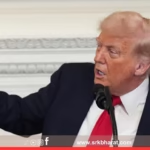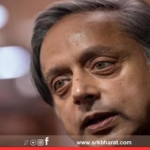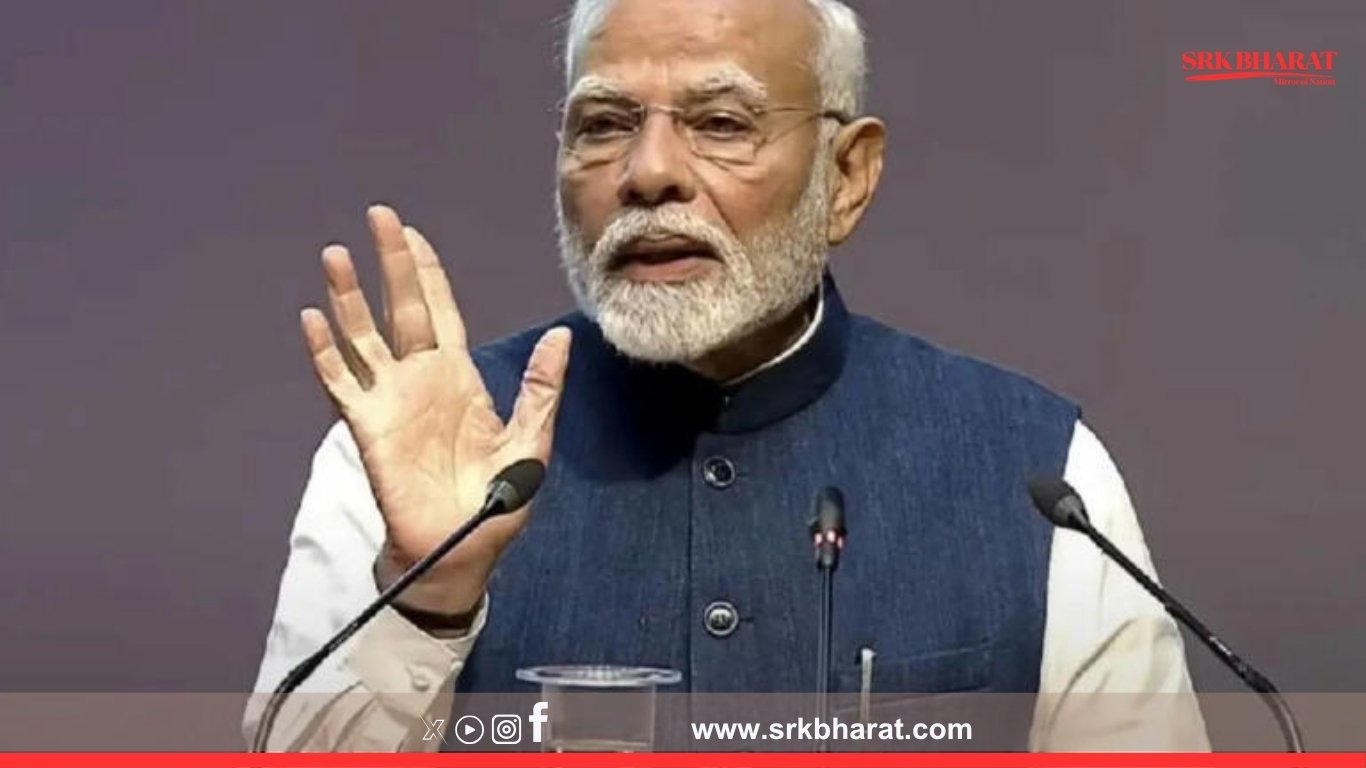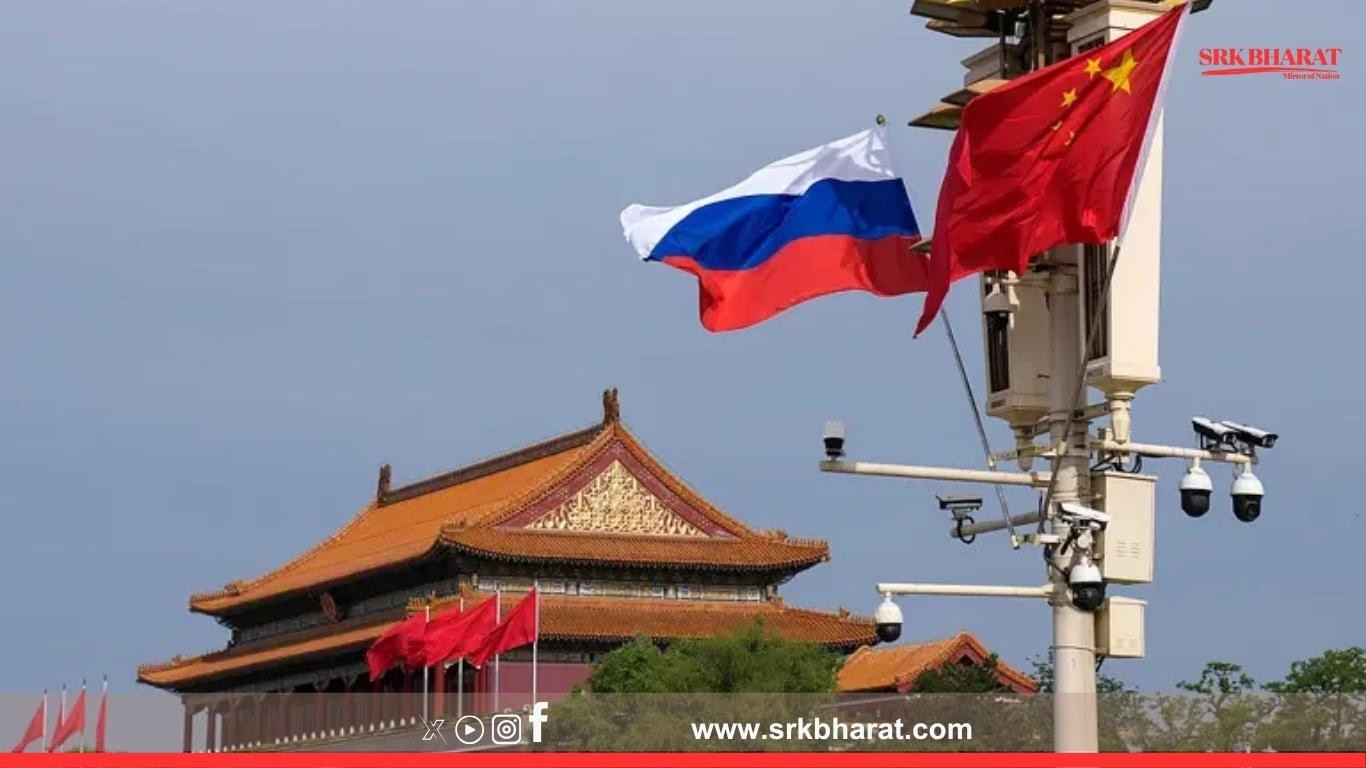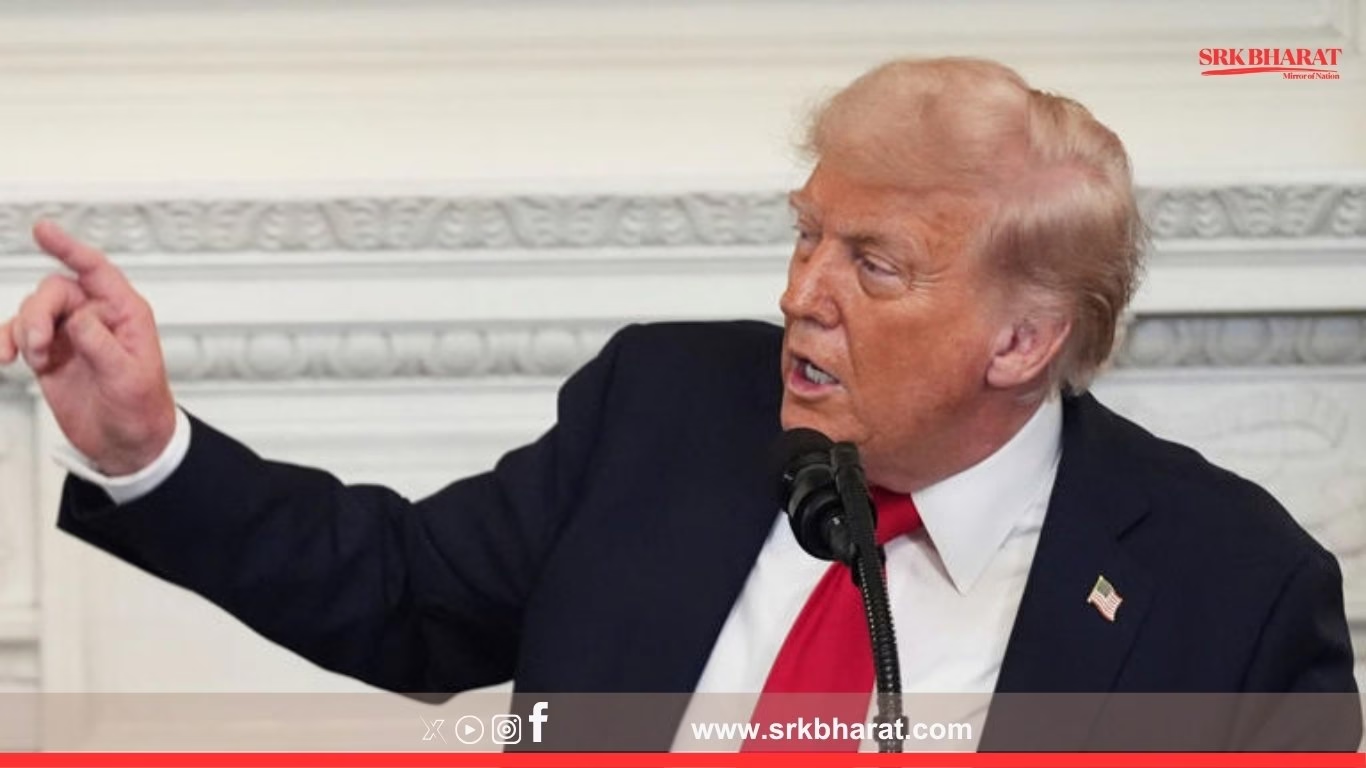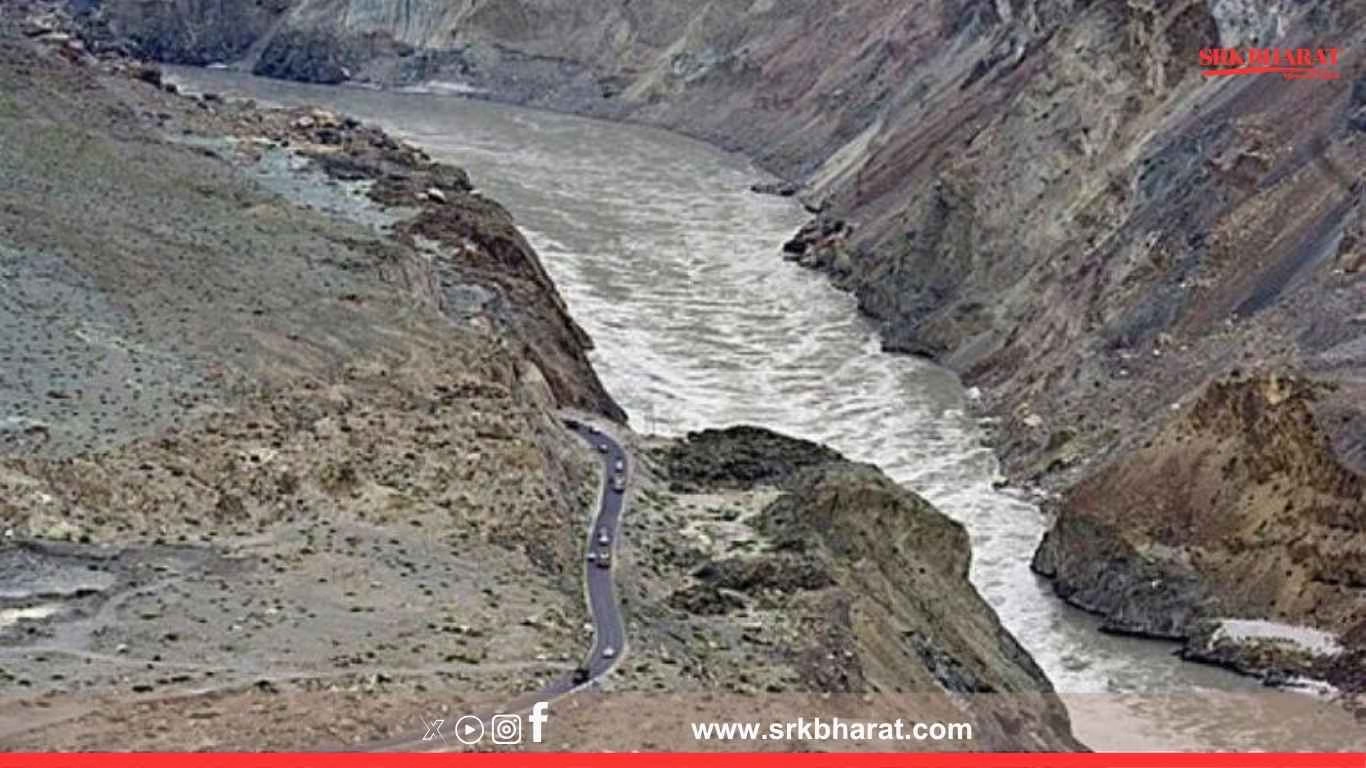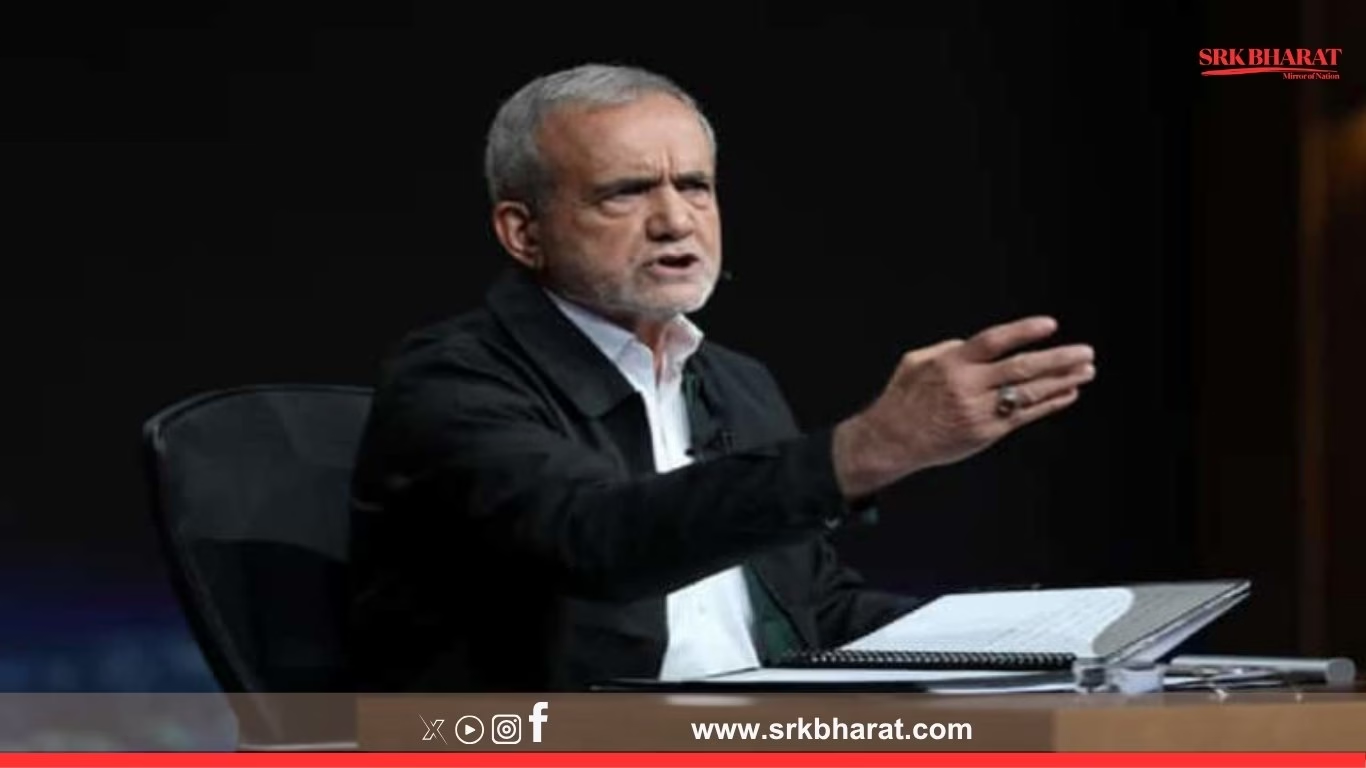Prime Minister Narendra Modi is set to embark on a historic diplomatic tour to South America, covering Argentina and Brazil, with football diplomacy emerging as a key soft power theme alongside trade, strategic, and cultural engagements.
Background Of The Visit
Scheduled for late July, this visit marks the first by an Indian Prime Minister in over a decade to Latin America’s two footballing giants. Diplomatic sources confirm that:
- In Argentina, PM Modi will meet President Javier Milei to discuss trade diversification, green energy collaboration, and defence partnership.
- In Brazil, he will attend the BRICS Summit hosted by President Luiz Inácio Lula da Silva, with a focus on multipolar economic frameworks and Global South leadership.
However, it is the football connect that is gaining equal attention, with Indian officials indicating plans to integrate it into public diplomacy narratives.
Why Football Diplomacy?
Football is a religion in Argentina and Brazil, and PM Modi’s strategic team recognises its potential to:
- Bridge cultural ties through people-to-people connect
- Position India as a nation embracing global sporting cultures
- Strengthen soft power narratives beyond traditional trade and defence dialogues
Planned Football-linked Engagements
| Country | Event |
|---|---|
| Argentina | Visit to iconic Boca Juniors Stadium in Buenos Aires, meeting youth footballers, potential MoU on sports exchanges |
| Brazil | Likely meeting with Brazilian football officials, discussion on coaching exchange programmes and infrastructure collaboration |
Sources in the Ministry of External Affairs (MEA) suggest that a Football Collaboration Initiative is under consideration, including:
- Scholarships for Indian football coaches and youth players in South American academies
- Bringing Argentina and Brazil coaching expertise to Indian state football federations
- Launch of joint football camps to promote grassroots training methodologies
Strategic Context: Why Football Now?
- Soft Power Expansion: India has leveraged yoga, classical arts, and cricket for global cultural diplomacy. Football adds a new dimension to reach youth populations in Latin America.
- Trade Negotiations Backdrop: Cultural diplomacy often lubricates trade discussions. India is negotiating trade deals with Mercosur bloc, where Argentina and Brazil are key members.
- Upcoming FIFA U-17 Women’s World Cup in India: Strengthening football ties complements India’s strategic goal to emerge as a regional sports hub.
Statements From Officials
A senior MEA officer stated:
“PM Modi recognises football’s power to connect people. This visit will integrate sporting diplomacy into traditional bilateral agendas.”
Brazilian diplomatic sources added:
“India is keen to partner with Brazil in football infrastructure and coaching. Brazil sees immense potential in India’s youth demographic for future collaborations.”
Comparative Snapshot: India’s Sports Diplomacy Initiatives
| Sport | Country Partner | Key Initiative |
|---|---|---|
| Cricket | Afghanistan | Training and stadium support |
| Kabaddi | Iran | Bilateral league participation |
| Wrestling | Central Asia | Coaching and talent exchanges |
| Football | Argentina, Brazil | Proposed coaching, infrastructure, and youth training MoUs |
Potential Economic Impact Of Football Diplomacy
| Segment | Opportunity |
|---|---|
| Sports infrastructure | Brazilian expertise in stadium and academy development |
| Apparel & merchandise | Indian textile and sportswear export growth |
| Media & streaming | Joint football content production for Indian OTT platforms |
| Tourism | Promoting football tourism to Latin America among Indian fans |
Broader Diplomatic Goals
- Enhancing India’s Global South leadership identity by engaging with Latin America beyond multilateral forums.
- Diversifying trade relations, especially with Brazil as a major agri-exporter and Argentina as a lithium-rich nation crucial for EV battery supply chains.
- Showcasing India’s willingness to embrace international sporting cultures to inspire its own sporting ecosystem development under Khelo India and Fit India.
Expert Opinions
Prof. Sanjay Kathuria, International Relations Expert:
“Football diplomacy is clever. It appeals to public emotions, builds goodwill, and creates space for difficult trade and geopolitical discussions.”
Ms. Mariana Alves, Brazil-India Trade Analyst:
“Brazil admires India’s rise. Football connects our people, and this could lead to deeper trade, pharma, and green hydrogen collaboration.”
Social Media Buzz
- @IndianFootball: “Imagine Indian youth trained by Brazilian legends! Football diplomacy is a game changer.”
- @ArgentinaFansIndia: “Welcome PM Modi to Boca Juniors. May Messi magic inspire Indian football’s future.”
- @MEAIndia: “Strengthening ties through culture, sports, trade. India-Latin America partnership grows stronger.”
Future Of India’s Football Diplomacy
Football is emerging as a strategic cultural export market, with the All India Football Federation (AIFF) aiming to:
- Qualify for the 2026 FIFA World Cup qualifiers final rounds
- Host major youth tournaments with South American technical assistance
- Develop national centres of excellence in collaboration with Brazil and Argentina
Pivot Table: India’s Football Diplomacy Prospects
| Country | Potential Initiative | Strategic Benefit |
|---|---|---|
| Argentina | Youth coaching MoU, infrastructure consultancy | Build elite grassroots pipeline |
| Brazil | Coach training, talent exchanges | Improve tactical and technical standards |
| UAE | Club league tie-ups | Expand Indian Super League brand |
Conclusion
As PM Modi embarks on his landmark Argentina and Brazil visit, football diplomacy is poised to emerge as a defining narrative alongside economic and strategic priorities. With youth empowerment, sports infrastructure, and cultural exchanges at its core, football could be the soft power glue that binds India’s relations with these South American powerhouses.
Disclaimer: This news content is based on diplomatic briefings, official statements, and expert insights. It does not constitute any political stance. Readers are advised to interpret developments within broader diplomatic and cultural contexts. The publication assumes no responsibility for decisions taken based on this news content.

